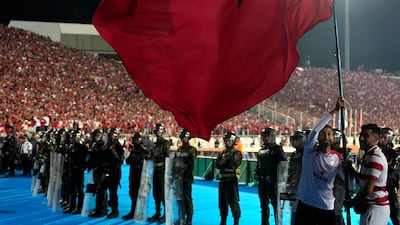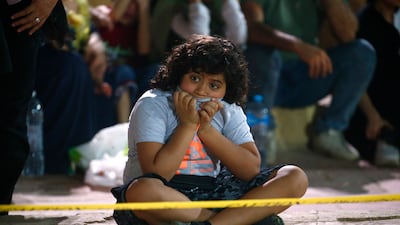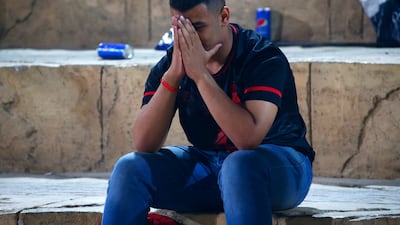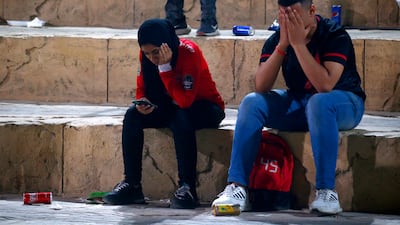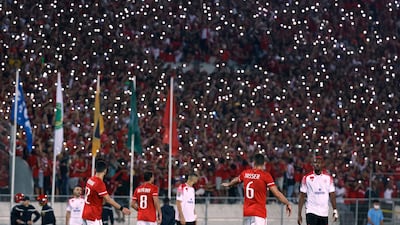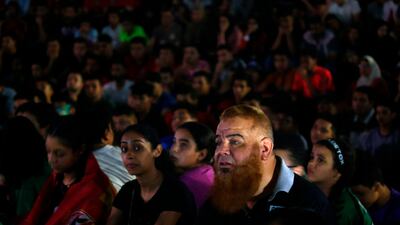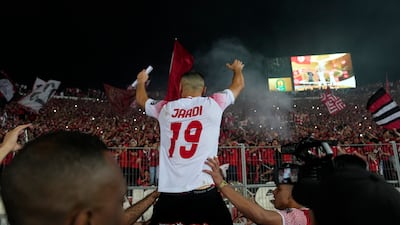African club football’s great showpiece, the Champions League final, rolls into Cairo this weekend.
Its finalists are obliged to look back in time because this time last year, the same sides were contesting the same prize.
As standard-bearers in the competition, they will also be looking forward to the proposed African Super League, a project long in the planning and seemingly close to actual launch.
Exactly what Africa’s Super League will look like has not yet clarified but a condensed pilot version may take place this autumn.
Wydad (WAC) will certainly be involved, as will Egypt’s Al Ahly, the most decorated of Africa’s clubs, with substantial financial backing from Saudi Arabia on offer for the new tournament.
There is a consensus, at least in the wealthier corners of African football, that some sort of upgrade on the Champions League is overdue. It is entering its 60th year and showing some signs of weariness and even stagnation.
The pre-eminence of the clubs who meet on Sunday, and again in the second leg in Morocco a week later, is becoming routine.
This final is not only a repeat of the last – won 2-0 over a single leg by WAC – but the third time in seven editions that Al Ahly versus WAC has been the deciding match.
They met in the semi-final in 2020, when Al Ahly progressed to an all-Cairo showdown against Zamalek and collected the ninth of their 10 titles.
While that run speaks of Egyptian football’s resilience through what has been a hard decade – spectators were kept away from domestic football for five years following the 2012 Port Said stadium tragedy – it also points to a wider imbalance.
Since WAC narrowly edged Al Ahly to claim the 2017 title, only one team from sub-Saharan Africa, Kaizer Chiefs, has reached a final.
In the four years up to 2017, there was a better spread, with DR Congo’s Vita Club and TP Mazembe, plus Orlando Pirates and Mamelodi Sundowns, of the relatively wealthy South African Premier League, all reaching finals.
Sundowns came close this time, beaten only on away goals by WAC in the semi-final. After that tie WAC’s head coach, Sven Vandenbroeck, spoke of a greater fervour in Mena-region clubs. “I think it’s the culture,” said the Belgian, who has worked in West and East Africa as well. “You saw the [Sundowns] fans go quiet, [thinking] ‘Ah, we’re 1-0 up, we have what we want’. It’s a massive difference from football in the northern countries.”
Sundowns’ billionaire owner Patrice Motsepe is also president of the Confederation of African Football, CAF, and in that role he is pushing to refresh elite club football, optimistic that a CAF-run Super League, probably including 24 clubs, can be up and running in 2024/25; a template, with eight clubs in a knockout format, may be squeezed into the calendar this October and November.
“Good progress is being made,” Motsepe said. “The challenge is that you’ve got to get people to pay African football what it is worth. It needs as much financial resource as possible.” Reports value the possible Saudi Arabian sponsorship of the Super League at €200m.
Part of the long-term aim would be to retain outstanding African talent in Africa for longer, put a light brake on the constant exodus of stars, often very young, to European club football. Look only at the next 10 days to see that in vivid display.
In between the two legs of Africa’s showpiece final Uefa will, next Saturday, stage its Champions League final. On one side, for Italy’s Inter, will be a goalkeeper from Cameroon, Andre Onana, who left west Africa to pursue his career in Europe in his early teenagers. Among the many potent Manchester City forwards aiming to keep Onana very busy will be the captain of Algeria, Riyad Mahrez.
In Cairo and Casablanca, there will be fewer world-famous footballers. But there will be pioneers, players who have lately taken the African game to unprecedented heights. WAC have three from the Morocco squad who finished fourth at the last World Cup.
The attacking left-back Yahia Attiyah Allah provided the cross for Youssef En-Nesyri to knock out Portugal in the quarter-final. The captain who lifted last season’s CAF Champions League, Yahya Jabrane, had an important role at Qatar 2022, coming off the bench to close out victories at the base of midfield.
The coach who galvanised Morocco, the admired Walid Regragui, was headhunted for that World Cup campaign shortly after guiding WAC to their third African Champions League. Vandenbroeck, the second different WAC coach since Regragui, has a hard act to follow.



